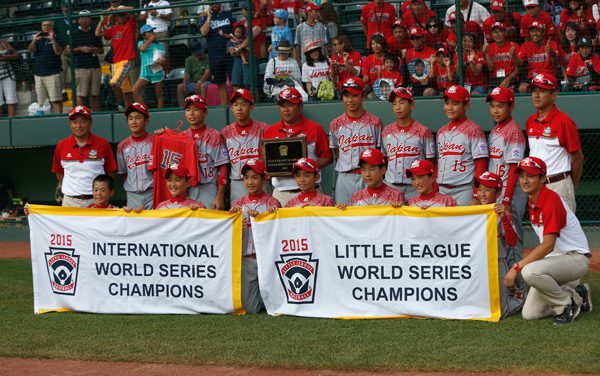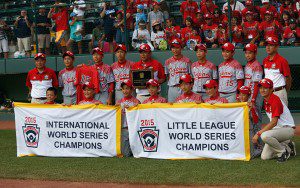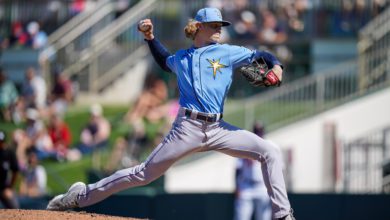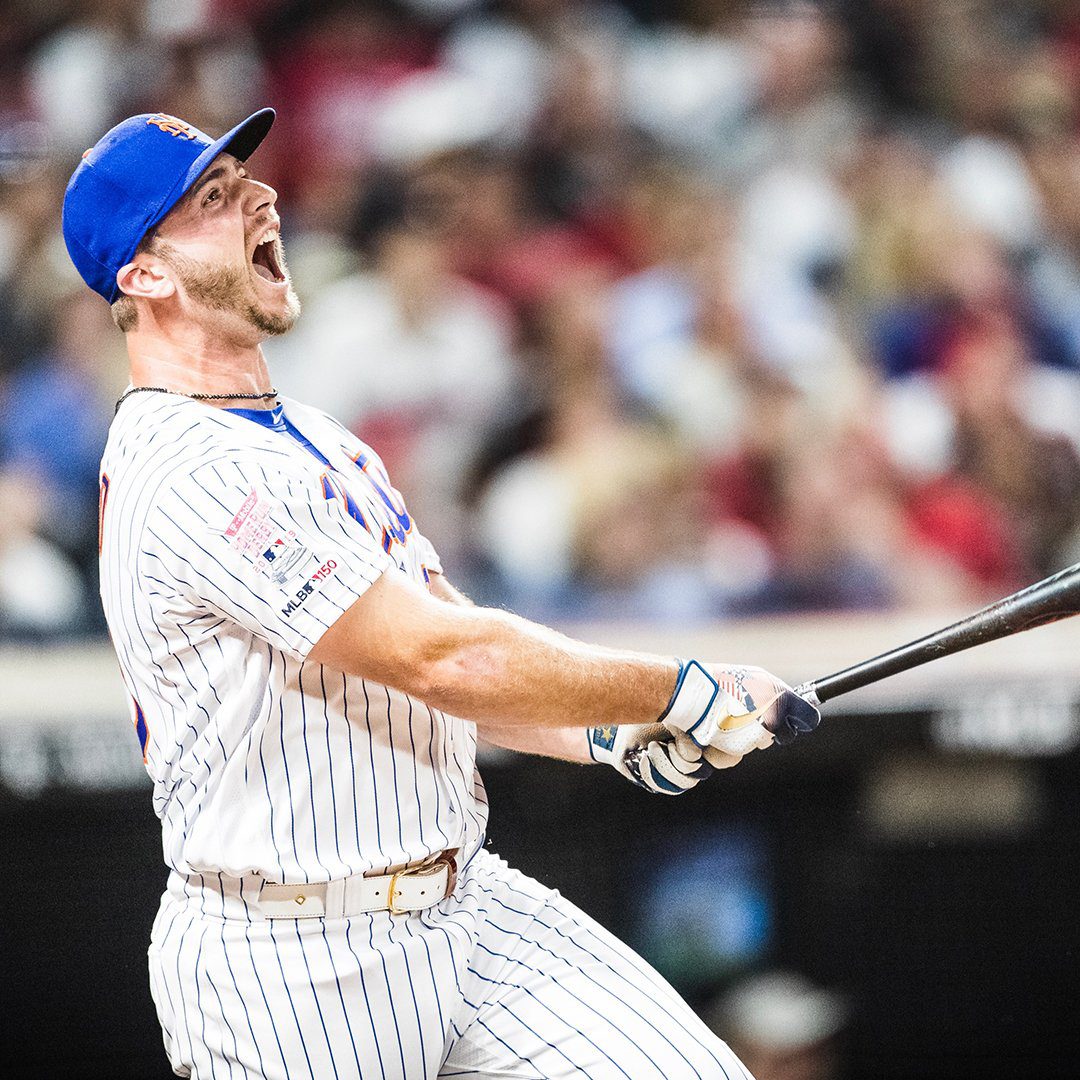


August best symbolizes the dog days of summer for big league ball players. It comes at a critical point in the 162-game marathon when fatigue gnaws at the body, the weather gets unbearable and tempers run short. During the last two weeks of this month, however, those sentiments are just the opposite for a small group of talented youngsters who have earned a trip to the Little League World Series.
I always enjoy watching this event because it represents the thrills and raw emotion of baseball in its purist form. I find myself on the edge of my sofa when I watch these games, perhaps because I coached some top products of Little League on my travel teams for over a decade. Working with high school kids is great, but there’s nothing quite like a teaching moment with a 12-year-old when the light switch finally comes on. Sometimes it takes that long before a kid finally starts to “get it.”
The 2015 Little League World Series in South Williamsport was interesting in many ways, although there were no great story lines like Mo’Ne Davis and her gutsy, rag-tag team from Philadelphia. This time it was another Pennsylvania team with a different look that was the darling of the tournament. Red Land Little League, from the town of Lewisberry, came with a reputation that rivaled the 1927 Yankees. This was a team that had outscored their opponents 284-25 during all-star competition, straight through the winner’s bracket and then a victory in the United States championship game. Record crowds in excess of 40,000 fans came to support the home-state favorites in a preppy yet electric atmosphere that resembled a college football game. Alas, cruel reality would soon prevail in the finale against the international kings from Japan.
Even though the Red Land mashers ambushed a pair of Japanese pitchers to grab a 10-2 lead after one inning, the lads from Tokyo’s Kitasuna Little League would weather the storm and a relentless approach allowed them to eventually pull away. The final score was 18-11, setting a new record for total runs tallied in a championship affair. It was the third time in four years that Kitasuna would take home the top prize, and aside from Red Land’s opening outburst, the Tokyo kids were far more polished.
What turned the game around was an adjustment made by Kitasuna in pitching strategy. Taking the mound in the bottom of the second was crafty lefty Nobuyuki Kawashima, and the 5’3″, 95 pound hurler displayed a plus-curve ball, a change-up and a cutter that baffled Red Land for the rest of the afternoon. Most notably, Kawashima frustrated Lewisberry’s star slugger Cole Wagner, who became so animated it was almost comical. Nobuyuki, on the other hand, was having a blast, and when the thinly-built youngster punched out Wagner for the second time, the smile on his face was priceless.
“I was having fun out there,” confirmed Kawashima, who lived in San Diego for four years and speaks fluent English. “I was happy that I could help my team win.”
Prior to the title game, Japan had hit only five home runs in the entire tournament. But they would tee off for another five jacks in this game alone, including a pair by Shingo Tomita and a solo shot by his twin brother Kengo. Tokyo shortstop Yugo Aoki was a human vacuum behind Kawashima and also hit a big fly as the team’s lead-off guy.
If you were rooting for Red Land, it was painful to watch the body language of these boys as the game started to slip away. The big crowd was silenced too, as if everyone was in a state of shock. But after the final out was recorded, this tight-knit group from a rural Pennsylvania town seemed to realize that what they accomplished was pretty special. They were the U.S. Champions, and I’m sure seven other teams would have loved to be in their shoes.
Sweet and sour moments
A heavy favorite to go deep in this tournament was Sweetwater Valley, a league from Bonita, Calif., just a few miles from the international border. The Western Regional winners were even more impressive than Red Land at the plate, going yard 57 times in an undefeated all-star season. With that distinction, however, comes a higher standard of expectations. The Bonita boys, a squad comprised primarily of Mexican-American players, continued to dominate in their opener against Bowling Green, Ky. But the Californians were stymied by a scrappy group from Pearland, Texas, a suburban Houston league that eventually knocked them out of competition.
This was not Pearland’s first rodeo in Williamsport, so when the Texans won a winner’s bracket game over Sweetwater 8-4, there was a sense of mutual respect without much concern. When things got chippy was when a second showdown occurred and both teams faced elimination. With Pearland batting and already leading in the early stages, Tristan Schwehr was legging out a hit when Sweetwater first baseman Jacob Baptista clipped him with a right elbow, despite the fact that there was no play in progress. The incident created a buzz in the ESPN broadcast booth, and Sweetwater manager Ward Lannom later called the act “incidental contact.” But to neutral eyes, the rough stuff was clearly intentional.
Then, later on, with Bonita in panic mode, Levi Mendez hit a ground ball to Pearland shortstop Issac Garcia, who fired a strike to first baseman Zack Mack for the out. The routine play got ugly when Mendez tried to jar the bag loose with his right heel, and then kick Mack’s ankle with his left foot. Both youngsters went tumbling in opposite directions a play that analyst Nomar Garciaparra could only describe as “weird.” It was nice of Nomar to be diplomatic on national television. Unfortunately, video evidence shows that the actions of Mendez were deliberate. Do I blame the kids for this type of behavior? Absolutely not. The problem I have is with coaches who create an atmosphere of intimidation and expect young players to make wise decisions. It doesn’t matter now whether it was Lannom’s fault, or that of some travel ball bozo along the way. The sad part is that the Sweetwater kids are now branded as bullies or thugs, and nothing could be further from the truth.
Meanwhile, Pearland went on to capture third place in the Little League World Series by defeating Mexico 6-4. To be honest, I admired the Texans for their even-keel, bend-but-not-break attitude, and the camaraderie that is the true definition of team sports. There was “Icy-Hot” Garcia, a bespectacled youngster who was cool in the clutch and seldom-changed facial expressions. A wiry Marco Gutierrez was always in the mix along with the powerful Mack, who hit a grand slam shot in the first game against Sweetwater. And a tip of the cap to Ben Gottfried, the ace Pearland pitcher with a competitive drive while still managing to keep his teammates loose. Once prior to taking the hill, Ben smeared eye black above his upper lip to resemble a mustache.
“Just call me Paco,” he quipped. The nickname stuck.
While I was happy to see Pearland successful, I felt bad for Mexico when such a promising tournament went south during the last two games. Behind the bats of Raul Leon, Daniel Zaragoza and Armando Verdugo, the kids from Mexicali had scored 36 runs in three games, including a 11-0 clubbing of highly regarded Venezuela. But the momentum wasn’t enough to stop an old nemesis in Japan, who squeaked by with a 1-0 victory. Mexico wasted a no-hit effort by Verdugo in regulation play, only to lose in extra innings on a bobbled ball by shortstop Jorge Armenta and a dropped third strike by catcher Leon. And it’s well-documented that even the most minor mistakes can be a recipe for disaster against any all-star team from Kitasuna Little League in Tokyo.





